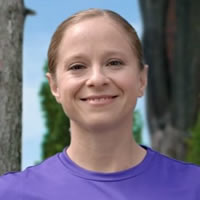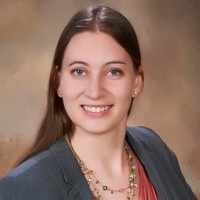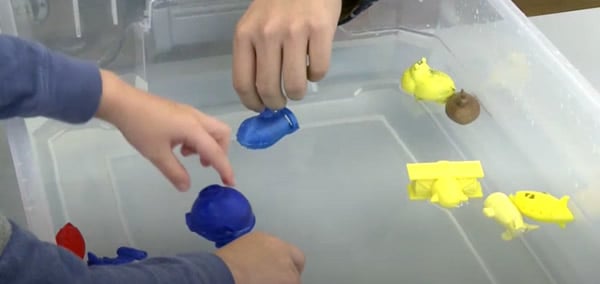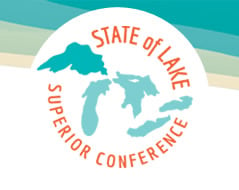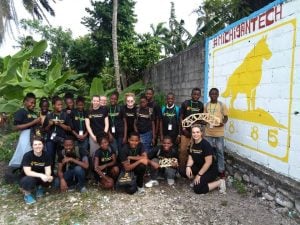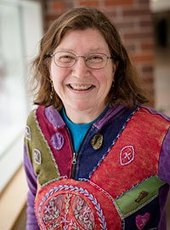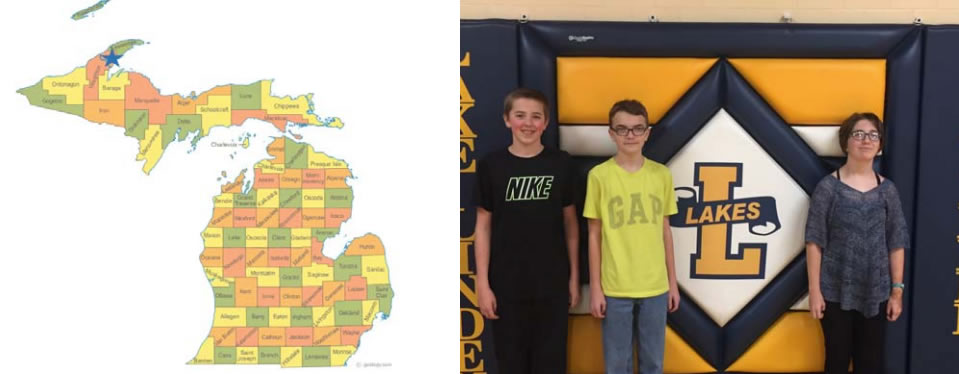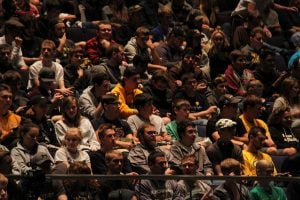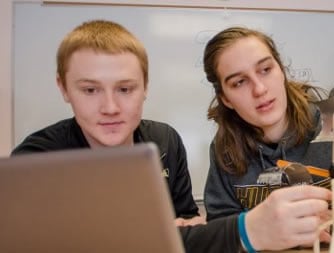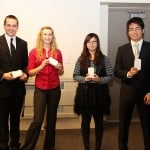Members of the Michigan Tech Chapter of the Society of Women Engineers (SWE), Zoé Ketola, Zoe Wahr, Mackenzie Brunet, Eve Kaczkowski, Michaela Fung, Katy Ploch and Sophie Owen along with their adviser, Gretchen Hein (EF) travelled to Oshkosh, Wisconsin to participate in a professional day sponsored by SWE-WI. On Saturday (April 6, 2019), they toured Plexus Corporation and in the afternoon, attended sessions related to K-12 outreach, diversity, product management, transitioning from technical to management, global Engineering teams and SWE membership. The keynote speaker was Michigan Tech alumna Angela Johnston ’00, who works for Kimberly-Clark Corporation as a technical strategist. The group also visited with Andrea Falasco ’12, current SWE-WI president working for Oshkosh Defense. The students enjoyed the sessions, networking with the SWE-WI members and learning about Angela’s career path.
